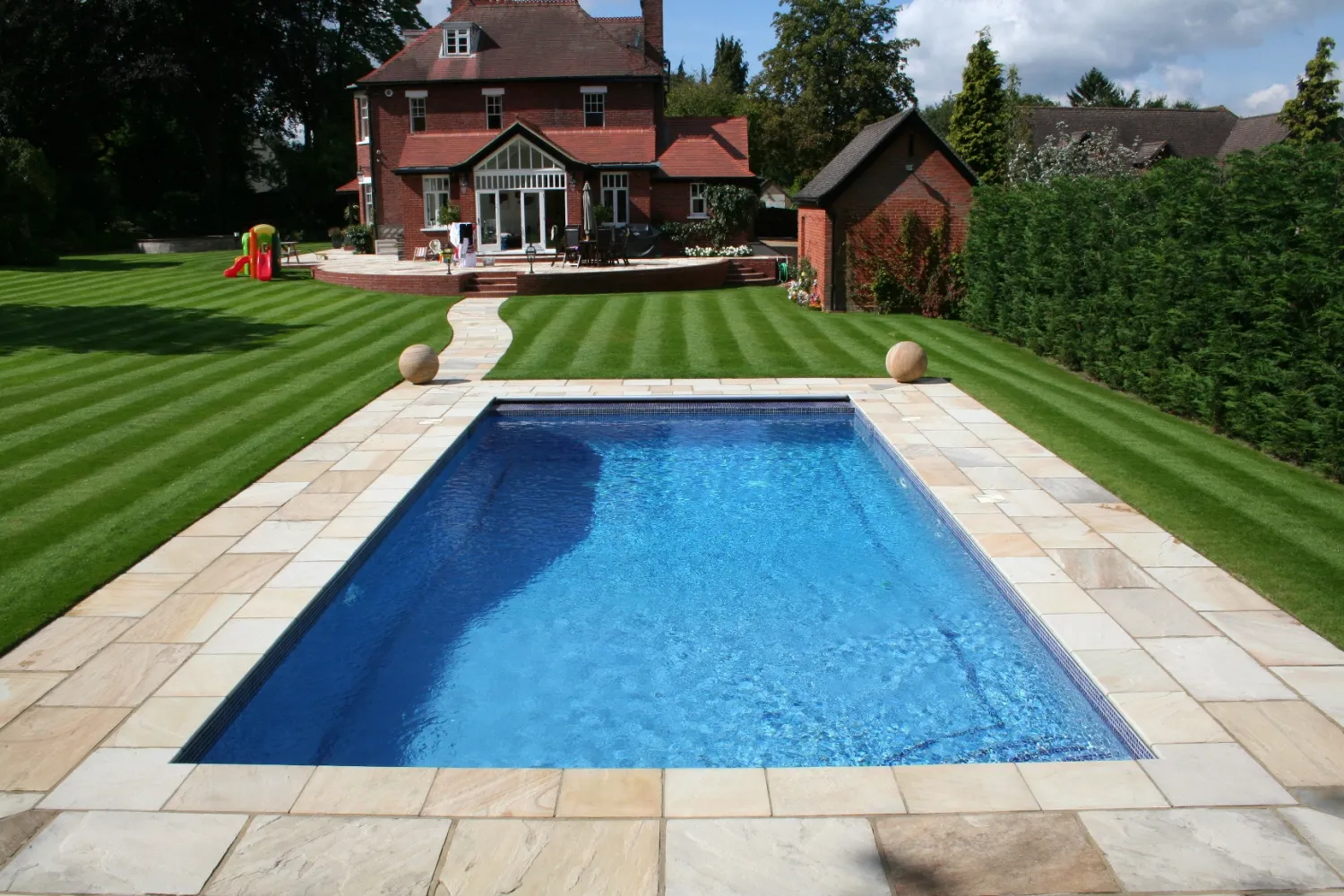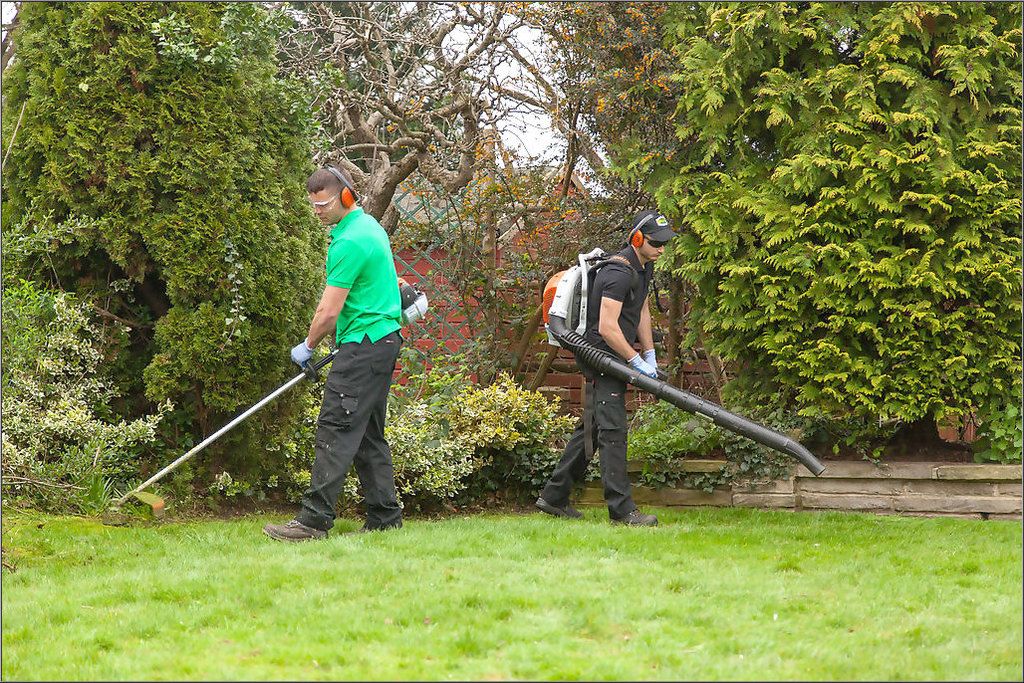Landscaping is more than just arranging plants and trimming hedges—it’s a blend of art and science that brings beauty, function, and sustainability to outdoor spaces. Whether you have a sprawling backyard or a cozy garden, landscaping can enhance the aesthetics, increase property value, and provide a sanctuary for relaxation.
Why Landscaping Matters
A well-designed landscape adds curb appeal, but its benefits extend beyond visual charm. Thoughtful landscaping can:
- Improve air quality by filtering pollutants through plants.
- Reduce energy costs by offering shade in summer and wind protection in winter.
- Boost biodiversity by creating habitats for birds, bees, and other wildlife.
Elements of Effective Landscaping
Successful landscaping involves more than just selecting plants. It’s a harmonious integration of various elements that work together to create a balanced, functional space.
1. Plant Selection
Choosing the right plants is critical. Consider the local climate, soil type, and water availability when deciding which flora will thrive. Opting for native plants can reduce maintenance and ensure sustainability.
2. Hardscaping
Hard landscaping, or “hardscaping,” refers to the non-living elements in a garden, such as pathways, patios, and retaining walls. These structures add functionality and help manage water flow, preventing soil erosion and promoting healthy plant growth.
3. Water Features
Adding a water feature like a fountain or pond can enhance tranquility, while also serving a practical purpose. Water features help moderate the microclimate, keeping the surrounding areas cooler in summer.
4. Lighting
Outdoor lighting brings a landscape to life after dark. Strategic lighting can highlight focal points like trees or sculptures, making the space usable at night and improving safety.
Sustainable Landscaping
With growing environmental awareness, sustainable landscaping is becoming a priority. This involves reducing water use, opting for drought-tolerant plants, using organic fertilizers, and incorporating rain gardens or permeable pavements to manage stormwater runoff.
DIY vs. Hiring a Professional
While DIY landscaping can be rewarding, hiring a professional landscaper can bring expertise in design, plant selection, and long-term maintenance. Landscapers also understand local regulations, such as zoning laws and environmental restrictions, ensuring your project adheres to all guidelines.
Conclusion
Landscaping transforms outdoor areas into inviting, functional spaces. Whether you want a peaceful garden retreat, a vibrant space for entertaining, or a sustainable yard that benefits the environment, the right landscaping plan can make your vision a reality. Ready to transform your landscape?








